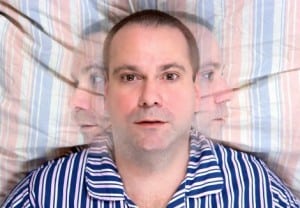
For the study, researchers observed 164 volunteers between 2007 and 2011. They assessed the volunteers’ health for two months prior to the experiment, conducting interviews and questionnaires to learn about the volunteers’ behaviors and sleep habits. One week prior to the experiment, the researchers measured the volunteers’ sleep habits using a wearable sensor that monitored sleep quality. During the experiment, volunteers were sequestered in a hotel room for one week. Each day, they administered a cold virus via nasal drops. The researchers took mucus samples to determine whether the virus had taken hold.
The subjects who slept the most were had the lowest risk of catching the cold. Volunteers who slept seven or more hours in the week before the study had only a 17 percent chance of getting sick. In comparison, volunteers who slept for six to seven hours each night had a 23 percent chance. People who slept fewer than five hours per night had a 45 percent chance of catching the cold.
Sleep duration was the most significant predictor of whether a volunteer got sick. “Short sleep was more important than any other factor in predicting subjects’ likelihood of catching a cold. It didn’t matter how old people were, their stress levels, their race, education, or income. It didn’t matter if they were a smoker. With all those things taken into account, statistically sleep still carried the day,” explained lead author Aric Prather, PhD, assistant professor of psychiatry at UCSF.
The findings demonstrate the importance of sleep on public health. A healthier amount of sleep could limit risk during the cold season.
This research is published in the journal Sleep.
Previous news in sleep:



 © 2025 Unyte Health US Inc.
© 2025 Unyte Health US Inc.